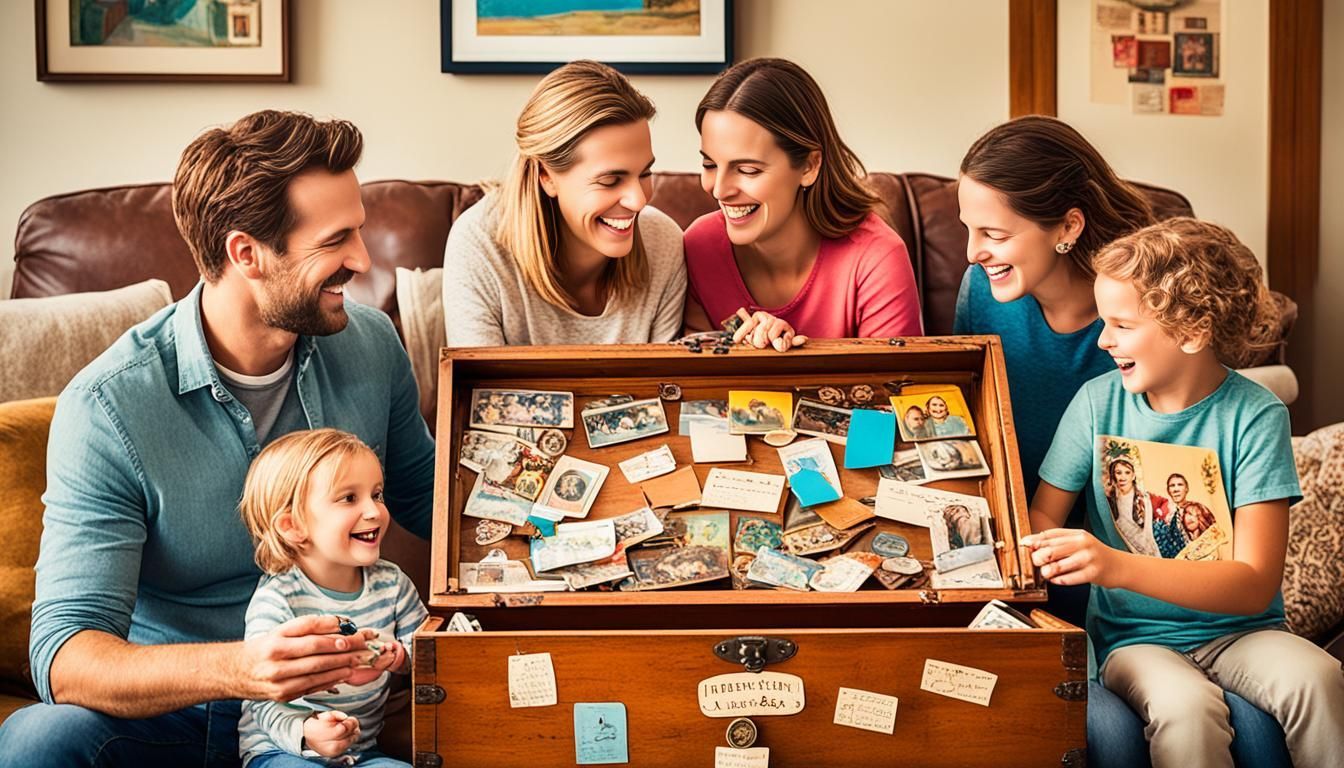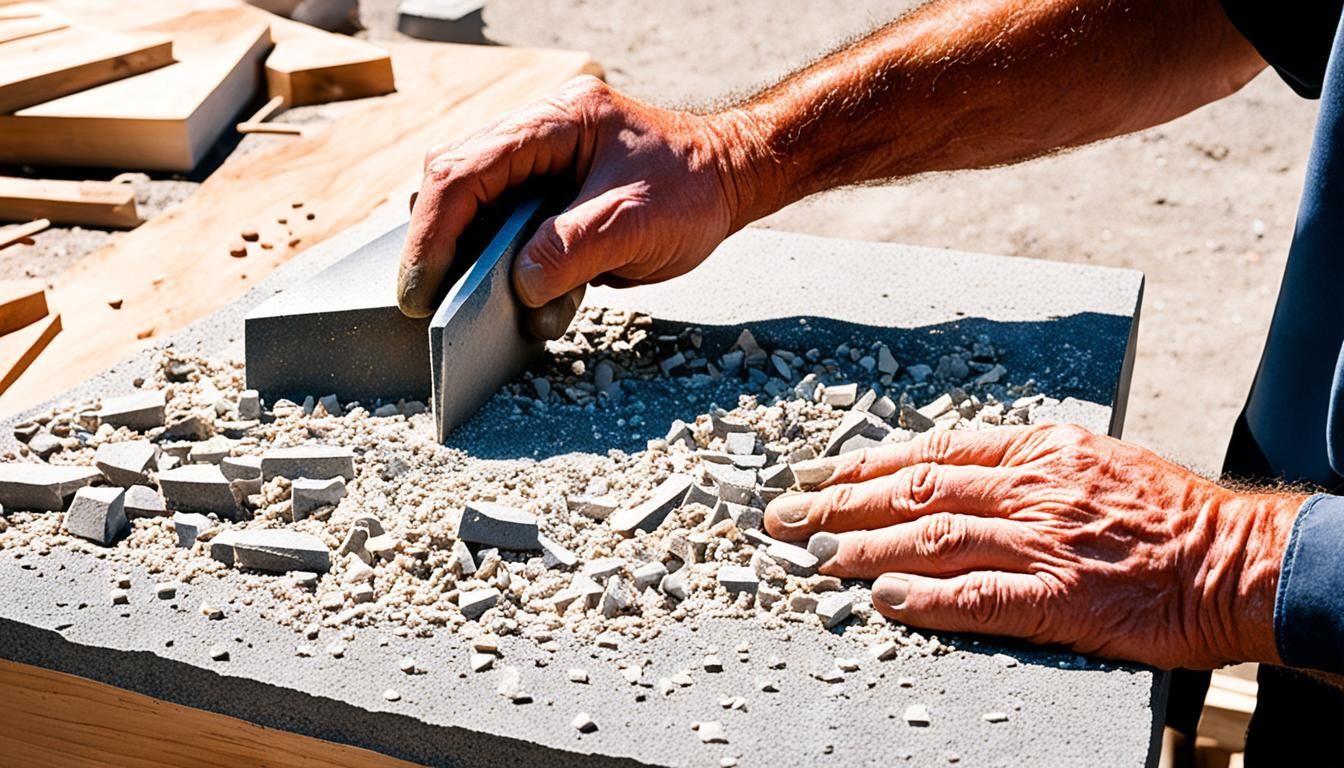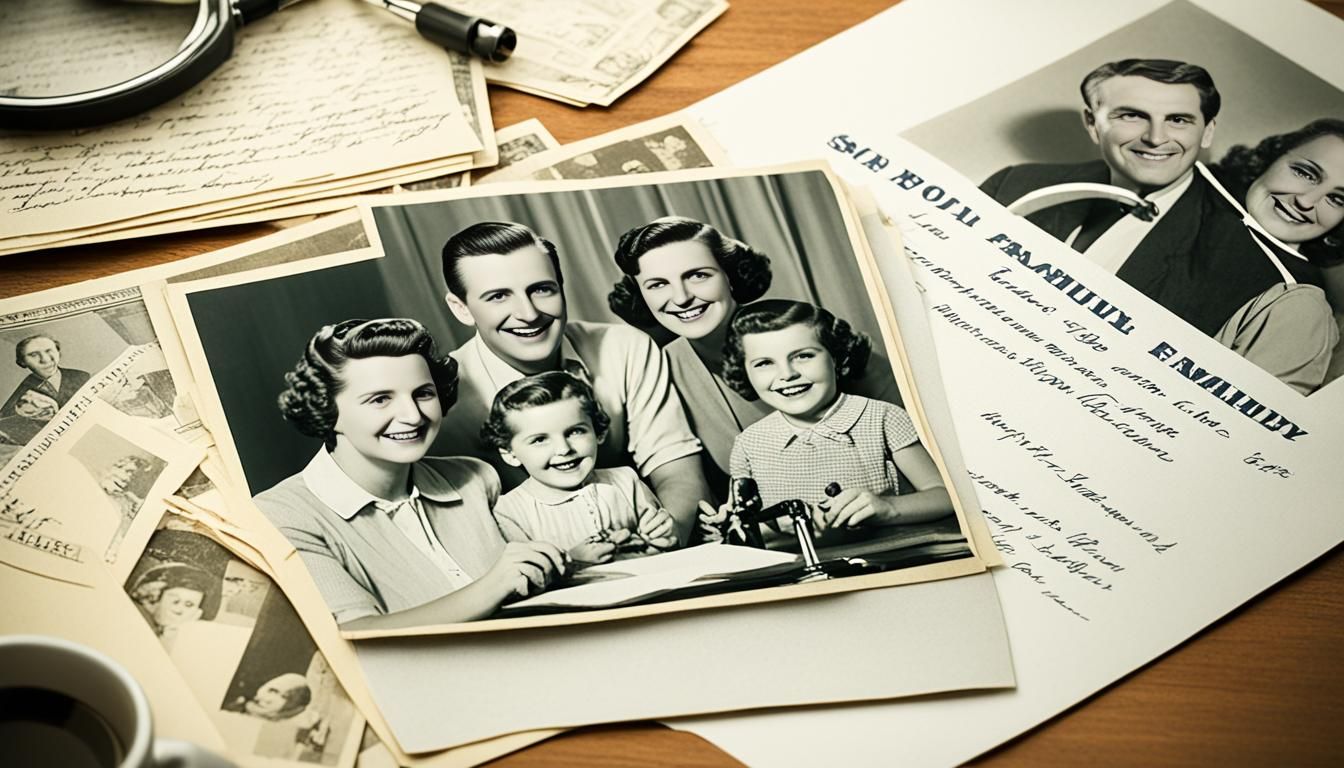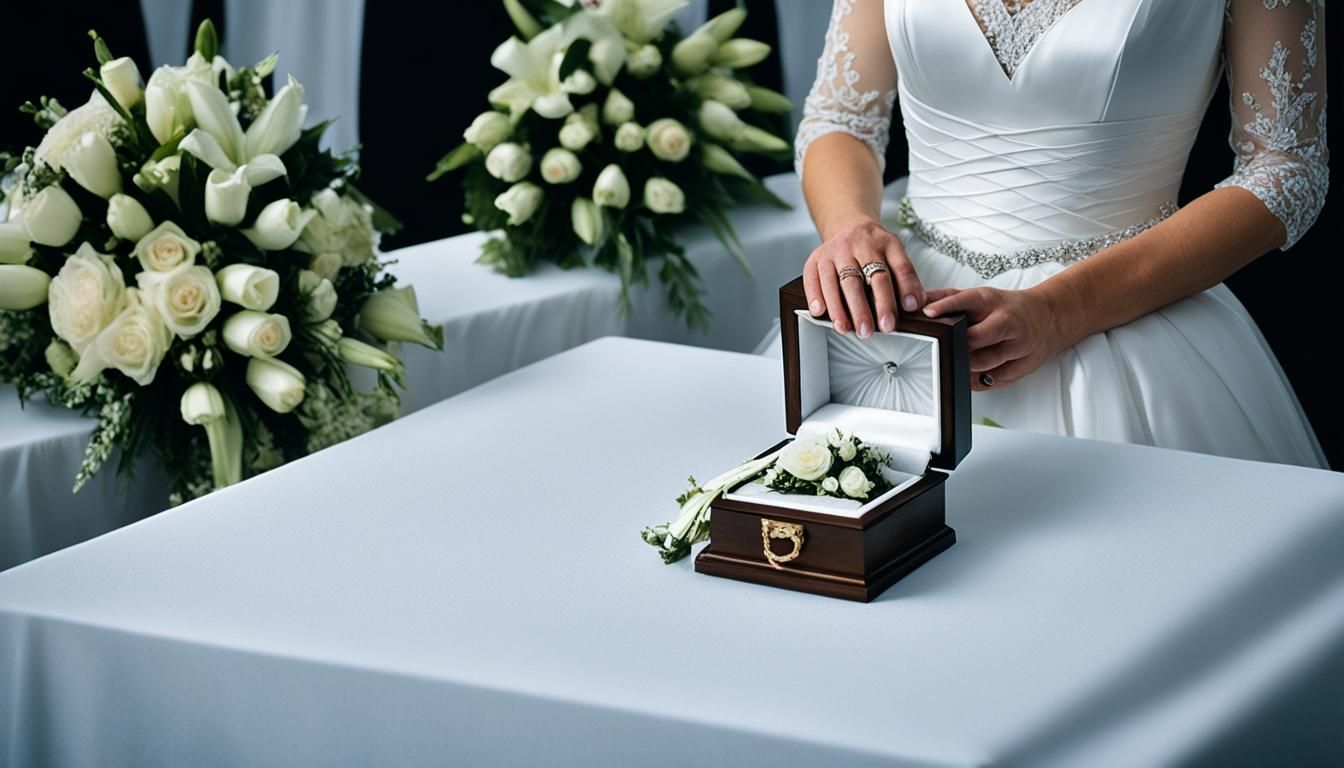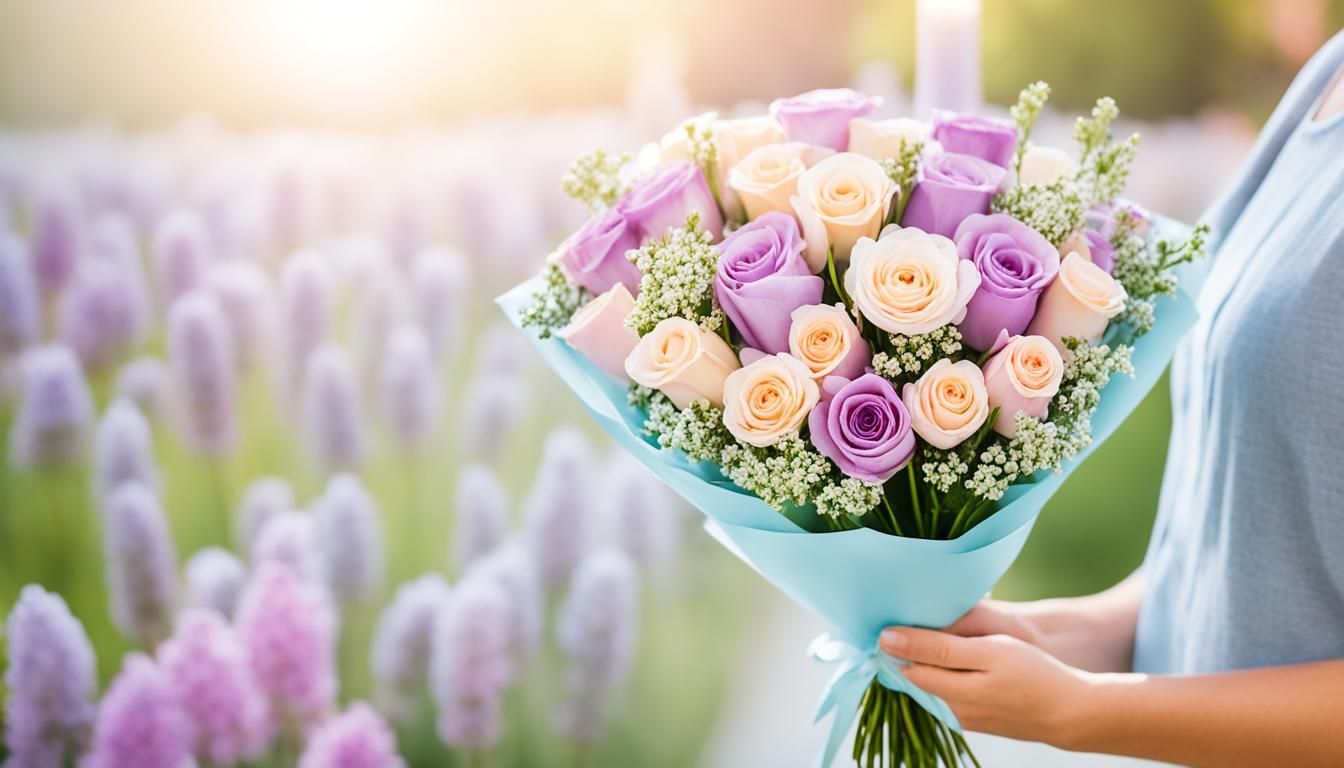Navigating Post-Holiday Blues After Losing Loved One
Navigating Post-Holiday Blues After Losing Loved One
The holidays can make us feel both happy and sad, especially if we've lost someone close. While everyone else seems to be having a great time, we might feel alone in our sorrow. The sound of happy songs, seeing families together, and remembering past holidays remind us of who's missing.
It's a fact that January is a tough month for many, with depression rates going up. This shows how hard the holiday season can be on us.
In Edenton, NC, the caring staff at Miller Funeral Home really get this. They offer help for those mourning, like creating memorial tributes , sending flowers, or even just sympathy cards. They suggest taking breaks from social media and work to heal. They stress how vital kindness and understanding are during these times.
Grieving can make us feel very alone, but it's important to face those feelings. Miller Funeral Home in Edenton, NC encourages joining a support network they offer. This can help us feel less alone during the holidays. Coping with loss is tough, but with support, we can find our way through it with care and strength.
Key Takeaways
- January has the highest rates of depression, making it a challenging month for those grieving a loss.
- Post-holiday blues are especially impactful for grieving individuals and can significantly affect mental health.
- Taking time off from work and social media can facilitate wellness and emotional recuperation.
- Finding a safe space to process feelings is crucial for navigating grief and healing.
- Empathy and supportive gestures from the community can greatly aid in the grieving process.
Understanding the Post-Holiday Blues
The post-holiday blues often wrap us up as the holiday joy dwindles. They bring a bunch of mental health issues. This feeling usually comes after the busy holiday time. It puts mental health problems in the spotlight.
Common Signs and Symptoms
The post-holiday blues come with symptoms like sadness, tiredness, annoyance, and worry. Studies show that 64% of people with mental illness find holidays make their condition worse. Spotting and knowing these signs early can reduce their effect. It helps to get the right help on time.
Impact on Mental Health
After the holidays, our mental well-being can suffer. We all feel the pressure from the holiday season. Going back to our regular schedules can lead to more mental health crises after Christmas. Seasonal Affective Disorder (SAD) also plays a role, as it's linked to shorter days of sunlight. Getting enough sleep, exercising, and spending time in nature can help fight these feelings.
Role of Loneliness and Isolation
Feeling lonely makes post-holiday blues worse, especially if you're grieving. Financial issues, lost connections, or mourning a loved one can deepen the sadness. The key is to acknowledge this loneliness and then find support. Engaging with the community and talking to family and friends is important.
| Factor | Impact |
|---|---|
| Financial Trouble | Increases stress and depressive symptoms. |
| Social Media | Affects mood negatively; limits personal interactions. |
| Alcohol Consumption | Contributes to symptoms of depression. |
| Unhealthy Eating | Leads to feeling down and lethargic. |
It's key to address the mental side effects of post-holiday blues. Knowing the early signs of grief and what makes them worse is the first step. Valuing our mental health after the holidays is critical. Accepting help and sharing our feelings can lessen loneliness from grief. This paves the way for healing.
Strategies for Coping with Grief During the Holidays
The holidays can make feelings of loss much harder. To cope, it's key to focus on self-care, seek mental health support, and find a supportive community. These steps help people deal with their grief effectively.
Self-Care Activities
Self-care is very important when dealing with grief during the holidays. Activities like exercise can help take your mind off the sadness. Also, writing in a journal, meditating, and doing what you love are key. These can help with the sadness and anger that come and go.
Seeking Professional Help
Getting help from mental health professionals is crucial for those feeling very sad. They provide a safe space to talk and deal with feelings. Dr. Tali Berliner's practice, reachable at 954-488-2933 x 6, gives personalized support for grieving people. This kind of help is a big part of coping with holiday grief.
Finding Support Networks
It's important to build a support network during the holidays, as it can be a tough time. Being part of a community offers healing and comfort. Doing things like holiday charity work can also give a sense of belonging. Talking with family and friends about one's feelings helps lessen the feeling of being alone.
Here is a brief comparison to highlight the importance of these strategies:
| Strategy | Benefit | Example |
|---|---|---|
| Self-Care Activities | Improves Physical and Mental Well-being | Exercise, Meditation |
| Professional Help | Structured Emotional Support | Counseling with Dr. Tali Berliner |
| Support Networks | Fostering Community and Connection | Participating in Holiday Service Projects |
Post-Holiday Blues After Losing Loved One
The days after the holidays can be really hard for someone grieving. They feel more sadness and miss their loved one even more. It's important to face this sadness to heal.
Dealing with Loss and Sadness
Right after losing someone, the support can feel overwhelming. With time, this support often fades, leaving one longing for more. This lack of support can make someone feel very alone, especially after the holiday cheer ends.
When feeling grief during the holidays, it's key to admit you're sad. This honesty with your feelings is the first step in healing.
Overcoming Grief and Depression
Healing from grief needs patience, kindness to oneself, and seeking help. Helping a grieving friend can be simple. Just show them you understand their pain, offer a listening ear, and bring positive moments into their day.
Considering *strategies for healing after loss during the holidays* can help too. This might mean joining groups or therapy, and remembering loved ones in special ways. A study from 2022 showed people are less likely to go to psychiatric hospitals during holidays. But after holidays end, there's a spike in people needing urgent mental health care. This tells us how vital ongoing support is.
If you have thoughts of suicide, the National Suicide Prevention Lifeline is 988. Reaching out for help is a brave step towards healing.
Conclusion
As we put away the last ornaments and the holiday lights dim, we must face mixed feelings, especially if we've lost someone close. Entering a new year without them can be hard. It's important to understand and acknowledge these emotions. It's okay to feel sad or down during this time.
Turning to friends or professionals for support can light the way to bounce back. Resources like support for bereaved individuals during post-holiday blues show it's okay to seek help with depression and grief after the holidays. Trying new things or changing our habits can prevent lasting sadness.
At Miller Funeral Home, we're here as a place of comfort for those grieving. We aim to help our community heal by sticking together and offering kind services. Together, we can honor those we've lost and face tough times with strength and grace.
FAQ
What are some common signs and symptoms of post-holiday blues?
Common signs include feeling very sad, having no energy, getting annoyed easily, and feeling nervous. If you're grieving, these feelings might be stronger.
How does the post-holiday blues impact mental health?
The post-holiday blues can make feelings of sadness and being alone worse. This might lead to depression and anxiety. For those mourning, the effect is even greater.
What role do loneliness and isolation play in post-holiday blues?
Loneliness and feeling isolated can make the post-holiday time harder, especially if you've lost someone. These feelings add to a deep sadness.
What self-care activities can help manage grief during the holidays?
It helps to stay active and do things you like. Exercise, hobbies, and being mindful are good steps. Taking care of yourself is key when dealing with grief and sadness.
When should one seek professional help for grief and depression post-holidays?
If deep sadness doesn't go away, get help. Therapy provides a way to deal with grief. It gives you support and ways to cope.
How can bereaved individuals find support networks?
Joining support groups, online communities, and looking for local help like Miller Funeral Home in Edenton, NC, helps. These groups offer comfort and understanding together.
What strategies can help in overcoming grief and depression after a holiday season?
Allow yourself time to heal. Talk openly about your loss, and let your feelings out. Getting support and counseling is crucial.
What options does Miller Funeral Home offer to support individuals dealing with post-holiday blues?
Miller Funeral Home provides obituaries, allows you to send flowers or sympathy cards, and has an email list for new obituaries. This creates a supportive community.
How can individuals honor their loved ones during the post-holiday period?
Creating memorials, planting trees, and doing charity work in their memory are ways to remember them. These acts can heal and connect us to their memory.
Source Links
- http://hospicewhispers.com/giving-grief-a-rest-after-the-holidays/
- https://www.inspirethemind.org/post/post-holiday-blues-the-psychology-of-endings-and-new-beginnings
- https://www.verywellmind.com/what-are-the-post-holiday-blues-5214403
- https://psychcentral.com/lib/how-to-manage-post-holiday-depression
- https://www.mentalhelp.net/blogs/facing-grief-and-loss-during-the-holidays/
- https://thepsychologygroup.com/how-to-cope-with-grief-during-the-holidays/
- https://griefwatch.com/pages/bereavement-and-the-post-holiday-blues
- https://www.healthline.com/health/post-vacation-blues


